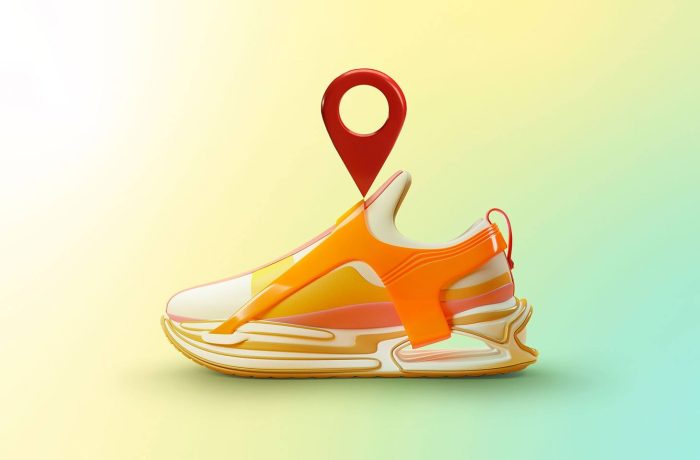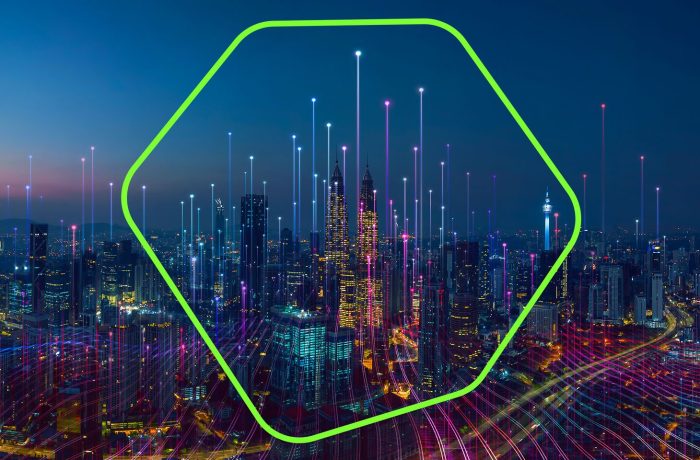
How to set up security and privacy in adidas Running (Runtastic)
A detailed guide on setting up privacy in the adidas Running app.
470 articles

A detailed guide on setting up privacy in the adidas Running app.

Many popular online services these days require a selfie with your ID card or passport to register. We explore whether taking such photos is safe (spoiler: it’s not) and how to minimize the risks.

A detailed guide to configuring privacy settings in the MapMyRun fitness tracker.

This guide will walk you through the essential privacy settings in the Nike Run Club training app.

Want to keep your runs, rides, and hikes private on Strava? This guide will walk you through the essential privacy settings in this popular fitness app.

Running apps know a lot about their users, so it’s worth setting them up to ensure your data doesn’t fall into the wrong hands. Here’s how.

Why international standards are important, and how Kaspersky contributes to IoT standardization.

Recent research describes a method for snooping on what Apple Vision Pro users enter on the virtual keyboard.


The digital age has made meeting new people easier, but it also brings new risks. Online dating, social media, and messaging apps can open the door to both exploitation and abuse in relationships.

Why and how to create a local backup of cloud data, taking Notion as an example.

Even in 2024, the world is rife with digital paranoia and superstition. Is my smartphone tracking me? Will incognito mode make me invisible? This post answers these and lots of other related questions.

The U.S. National Institute of Standards and Technology (NIST) has issued the first post-quantum encryption standards — FIPS 203, FIPS 204, and FIPS 205.

Worried about your access to Telegram and its privacy after Pavel Durov’s arrest? Here’s what you should (and shouldn’t!) do right now.

In the wake of Google and Facebook, Mozilla has introduced its own technology for replacing third-party cookies: let’s take a look at how privacy-preserving attribution works.

Going on vacation? We’ve compiled a traveler’s guide to help you have an enjoyable safe time and completely get away from the routine.

Small beacons like AirTag make it easy to find a lost wallet or keys — but are also often used for covert tracking. Now you can detect stalkers and protect yourself — regardless of what kind of smartphone you have.


Even at cruising altitude, cyberthreats can still ground your digital life — as proven by a recent arrest. How to protect yourself at 30,000 feet above sea level?

Kaspersky experts examined the security of public Wi-Fi hotspots in Paris on the eve of the Olympics.

Although Microsoft has radically revised the rollout plan for its controversial Recall feature, cybersecurity teams can’t afford to ignore the issue of “AI onlookers.